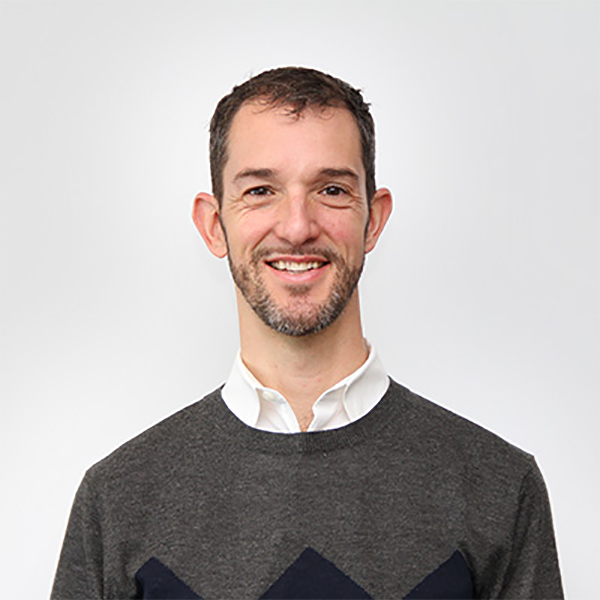Ethan Brackett, MD, MPA
Joined Fenway in June, 2013
Education: Harvard University, BA History and Literature of Latin America, 1994; UMass Medical School, MD 1999; Harvard Kennedy School, MPA Health Policy, 2008.
Residency: Boston Medical Center (Boston University) Family Medicine, 2002
What inspired you to become a family doc?
High school summers doing public health work in rural Latin America gave me a taste for helping people learn about their health while I learned and grew from hearing their stories. Family medicine lets me keep doing this for all members of the family.
What brought to you Fenway Health?
I love that Fenway is revolutionizing primary care by reducing the stigma of sexual health, weaving in HIV and trans medicine, and expanding the definitions of “family” and “community” to provide amazing care to more people.
Any clinical interests or specializations? What drew you to these areas?
I love helping kids who are grappling with gender identity or sexuality. After my own lonely coming out in the ‘80s, I relish the idea of integrated medical/behavioral health teams giving families the tools to nourish this process in today’s youth.
Are there any developments or advancements in the field that you’re particularly excited about?
Evidence-based-medicine is helping us learn to do more of the tests or therapies that really help, and phase out the medical traditions that are less helpful. I’m all for making our work more effective and higher quality!
What do you like most about being a family doc?
I love being a jack-of-all-trades and offering something to everyone in the family. I’m in my element whether I’m injecting a joint, hearing about challenging life stresses, teaching parents about discipline and diapers, or fine tuning a medical therapy.
When you have time off, what do you get up to?
I’m often pretty busy with my husband and school-aged kids biking around Boston, reading aloud by the fire, or enjoying adventures near the beach or mountains.
What has been the best part of your training so far?
In medical school, I followed two young women through their pregnancies, visited their homes, delivered their babies in the hospital, and saw their newborns at well visits. This holistic, longitudinal experience helped define family medicine for me.
Can you tell us a little about your schooling and formal training?
I got my Masters in Public Administration because I wanted to understand how medicine connects to other professions in our world. If doctors learn to work more with leaders in other sectors, we can get so much more done!
What surprised you the most about your studies?
Doing so much clinical work in developing countries (Haiti, Brazil, Mozambique, Malawi, Ecuador, and Cape Verde) has helped me appreciate the medical and economic resources of our country. It has also shown me that resilience and creativity play a huge part in health, too!
What is the most challenging part of your job?
Writing down all the stories I hear every day (doing all my charts).
How do you see the profession changing or growing in the future?
I hope family doctors develop more influence in health leadership. Specialists have disproportionately more power in government and insurance circles. I think family doctors can counterbalance some of the bias we see in current health policy.


